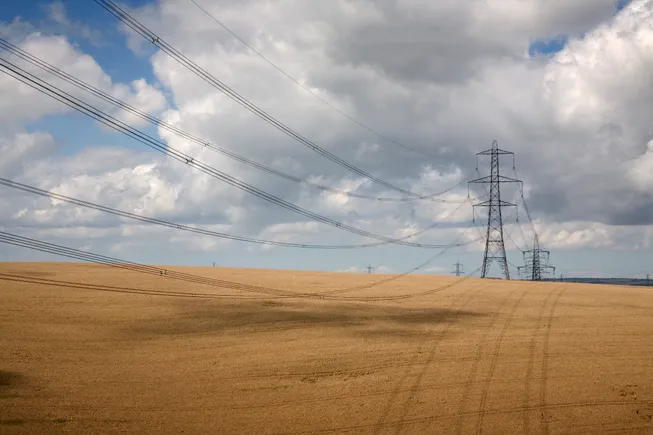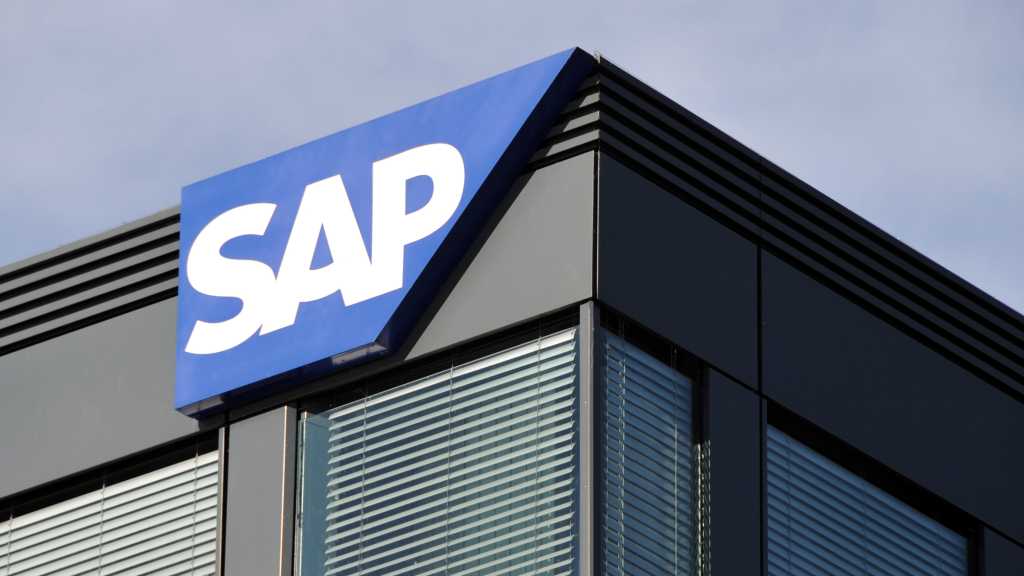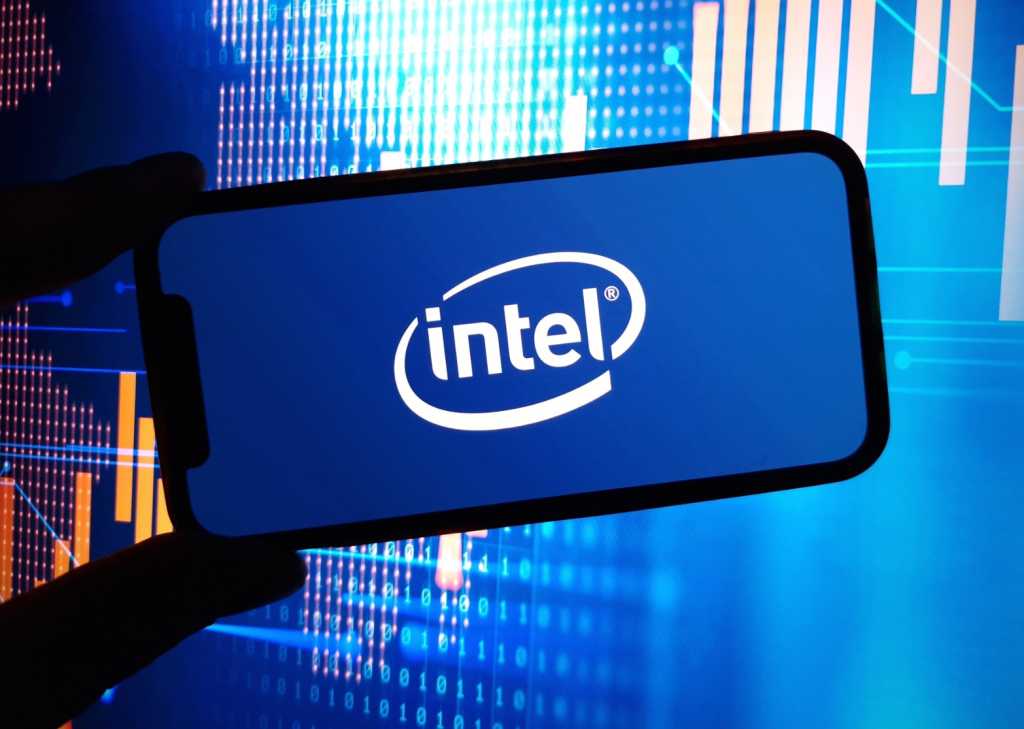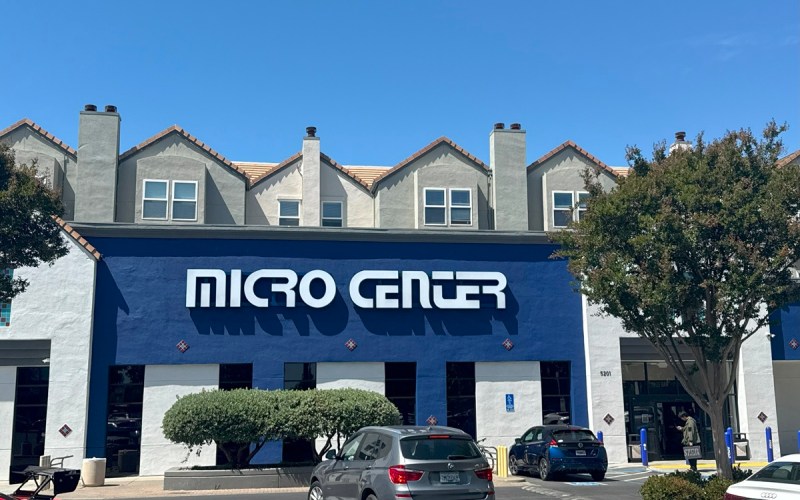
Southwest Power Pool’s board of directors on Tuesday approved a proposed Expedited Resource Adequacy Study, or ERAS, which aims to “significantly accelerate the addition of new generating resources to the grid,” according to the regional grid operator.
SPP plans to file amendments to its governing documents with the Federal Energy Regulatory Commission later this month in order to implement the ERAS proposal, it said in a Thursday announcement.
“ERAS offers utilities who are responsible for keeping the lights on a clearly defined and impactful opportunity to address real and immediate needs,” SPP President and CEO Lanny Nickell said. “It’s not a replacement for broader interconnection reforms, but this complementary effort will ensure reliability isn’t compromised during a transitional period while we work to implement more permanent solutions.”
SPP expects its excess capacity will fall to 5% in 2029, down from 24% in 2020, Nickell said in April at a trade group meeting focused on transmission issues. “Excess generating capacity is dwindling, and it’s dwindling to a point where it’s becoming dangerous,” he said.
If ERAS is approved by federal regulators, staff of the regional transmission organization will work with qualified load responsible entities, or LREs, to submit projects for inclusion in the process as early as August, SPP said. Interconnection rights could be granted as soon as April 2026.
Eligibility for the ERAS process is limited to new generation nominated by LREs, and projects must be capable of reaching commercial operation within five years of executing a generation interconnection agreement, the grid operator said.
ERAS will be a “one-time process [that] will run separately” from SPP’s standard generation interconnection queue, it said. Projects submitted in SPP’s most recent batch of interconnection study requests will be given the option to transfer their submissions to the ERAS queue, the operator said.
While SPP said the ERAS proposal has broad support from stakeholders, it did acknowledge some concerns that “offering certain projects an expedited path to interconnection may conflict with SPP’s requirement to treat all customers in a non-discriminatory manner.” The grid operator said it “remains committed to principles of independence, fairness and equity.”
“ERAS is one part of that evolution — an innovative solution that will mitigate acute reliability risks without disrupting SPP’s other processes or ongoing GI queue reforms — and it comes just in time to meet the reliability needs of a quickly changing grid,” Nickell said.




















